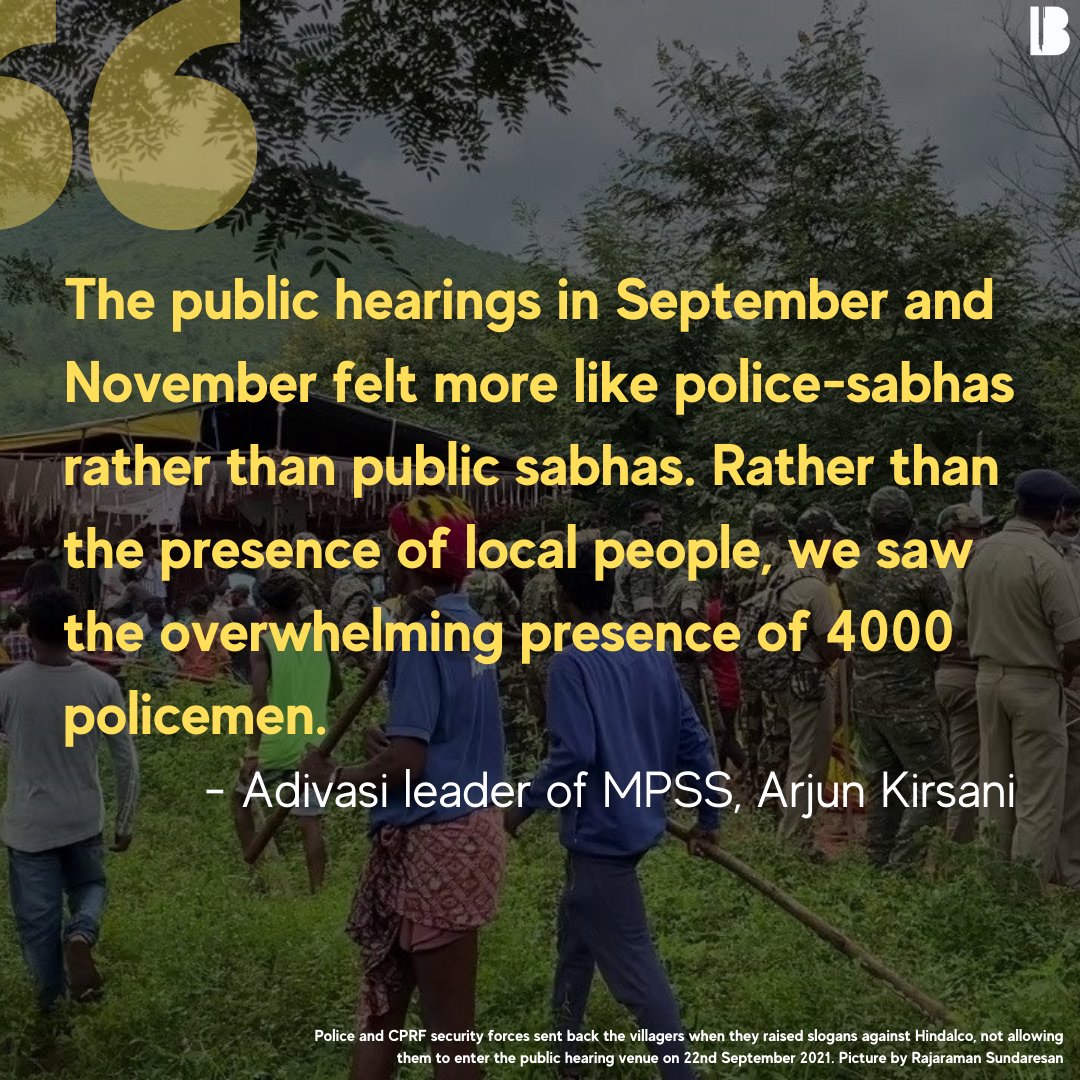
This #WomensDay, we take a look at some stories that show how social systems often exist with glaring inequalities for women, and some cases that show how these systems can be changed Check out this thread to read about women in IITs, femtech, female athletes, and more!🧵
We published a three part series about #WomenInSTEM, that looked at their journey of making it to prestigious universities, both public and private, and the challenges they face in these institutes. Here is part 1:
thebastion.co.in/politics-and/e…
thebastion.co.in/politics-and/e…
Communities & individuals most affected by #climatechange are often left out the larger conversation of participation and solutions. @_Vaishnavi_R spoke to climate activist @SorengArchana about the role that women & Dalit youth play in conservation
thebastion.co.in/politics-and/e…
thebastion.co.in/politics-and/e…
Despite promising results from Indian women in the field of sports, the viewership and recognition that they receive are abysmal. What do we need to be doing to support our female #athletes?
thebastion.co.in/politics-and/s…
thebastion.co.in/politics-and/s…
Simran Jain wrote about Sahiyas in Jharkhand, who are helping women take control of their health through Participatory Learning & Action meetings! These #ASHA workers have been guiding women with pregnancy, nutrition, sanitation, hygiene & family planning.
thebastion.co.in/politics-and/h…
thebastion.co.in/politics-and/h…
Technology like period tracking apps are great, but what cost are women paying by accessing this '#femtech'? Shefali Gupta writes about how technology targeted at women often makes them subjects of surveillance and exposure of #personaldata.
thebastion.co.in/politics-and/h…
thebastion.co.in/politics-and/h…
For more such stories, sign up to our once a week newsletter. You can find the latest edition here:
mailchi.mp/79390068a9ec/t…
mailchi.mp/79390068a9ec/t…
• • •
Missing some Tweet in this thread? You can try to
force a refresh






